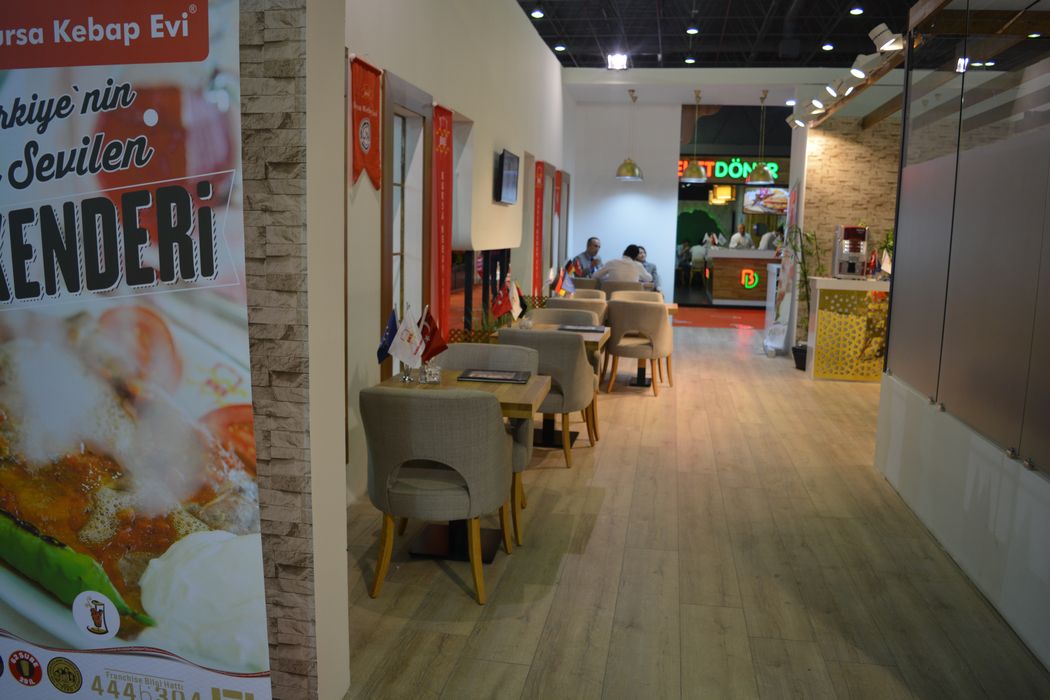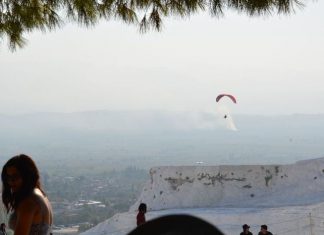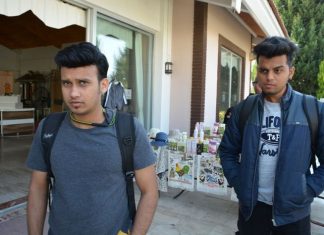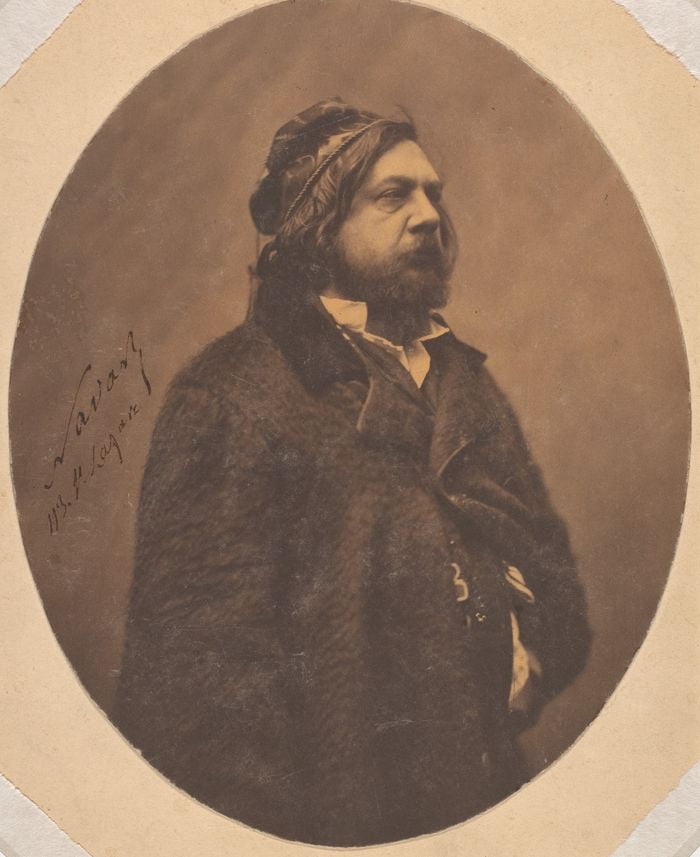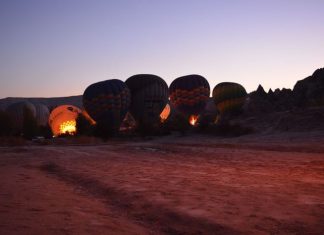The footprints from which it derives its name are certain footprints impressed upon a rock there, which are said to be the mark of Moses’ foot. In this mosque there is a small chamber containing a stone with the following inscription “A certain pious man saw in his sleep the Chosen One [Muhammad], who said to him ‘Here is the grave of my brother Moses.`”
I saw a remarkable instance of the veneration in which the Damascenes hold this mosque during the great pestilence on my return journey through Damascus, in the latter part of July 1348. The viceroy Arghun Shah ordered a crier to proclaim through Damascus that all the people should fast for three days and that no one should cook anything eatable in the market during the daytime.
For most of the people there eat no food but what has been prepared in the market. So the people fasted for three successive days, the last of which was a Thursday, then they assembled in the Great Mosque, amirs, sharifs, qadis, theologians, and all the other classes of the people, until the place was filled to overflowing, and there they spent the Thursday night in prayers and litanies. After the dawn prayer next morning they all went out together on foot, holding Korans in their hands, and the amirs barefooted.
The procession was joined by the entire population of the town, men and women, small and large; the Jews came with their Book of the Law and the Christians with their Gospel, all of them with their women and children. The whole concourse, weeping and supplicating and seeking the favour of God through His Books and His Prophets, made their way to the Mosque of the Footprints, and there they remained in supplication and invocation until near midday. They then returned to the city and held the Friday service, and God lightened their affliction; for the number of deaths in a single day at Damascus did not attain two thousand, while in Cairo and Old Cairo it reached the figure of twenty-four thousand a day.
The good and pious works of the Damascenes
The variety and expenditure of the religious endowments at Damascus are beyond computation. There are endowments in aid of persons who cannot undertake the pilgrimage to Mecca, out of which are paid the expenses of those who go in their stead. There are other endowments for supplying wedding outfits to girls whose families are unable to provide them, andothers for the freeing of prisoners. There are endowments for travellers, out of the revenues of which they are given food, clothing, and the expenses of conveyance to their countries. Then there are endowments for the improvement and paving of the streets, because all the lanes in Damascus have pavements on either side, on which the foot passengers walk, while those who ride use the roadway in the centre.
Read More about The Lost Phcebe part 2
